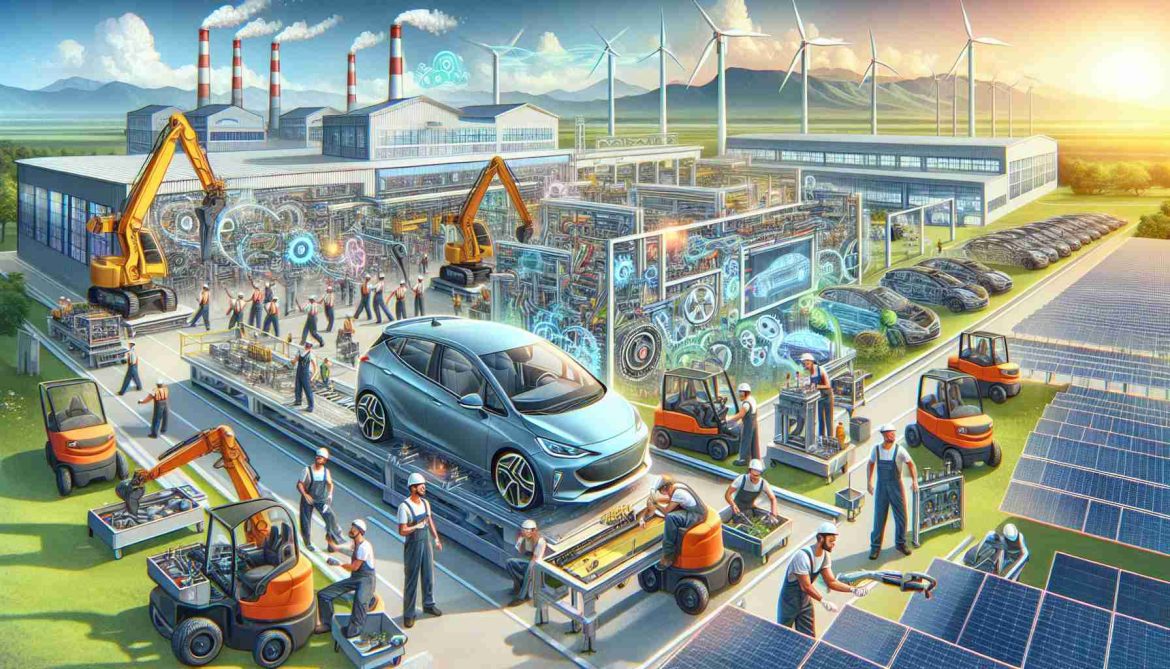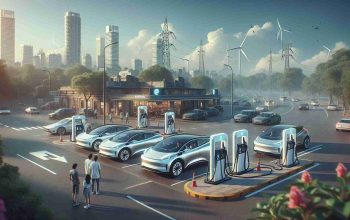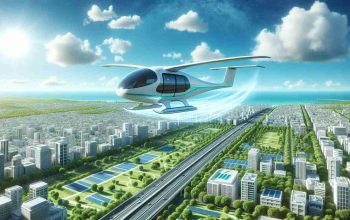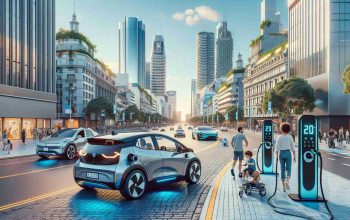Argentina Set to Embrace Electric Vehicles
Recent discussions between prominent figures have sparked a surge of interest in electric vehicles in Argentina. While a direct arrival of Tesla in the country may not be imminent, the possibility of investments in crucial resources like lithium and copper remains open. The idea of a Tesla production plant in Argentina seems unlikely, especially after Elon Musk’s recent ventures in Mexico.
In the region, Chile stands as the only country with a direct operation from Tesla. However, with the Argentine Government considering regulatory changes, the path may soon be clear for the entry of Tesla’s vehicles into the market. The government is working on eliminating bureaucratic barriers to allow direct homologation, simplifying the process for importing vehicles without additional documentation.
One company, Argentesla, aims to become the official importer of Tesla vehicles in Argentina. While current hurdles exist, there is hope for a smoother process in the future. The next challenge would involve navigating the tax landscape, which remains a significant factor in the feasibility of introducing Tesla to the country.
Legislation promoting electromobility could provide essential tax benefits for the introduction and sale of electric vehicles. Efforts are underway to introduce a new law that would offer fiscal incentives at both the national and provincial levels, creating a favorable environment for the adoption of electrified vehicles in Argentina.
Revolutionizing the Automobile Industry in Argentina: Advancements and Challenges
Argentina’s automobile industry is on the brink of revolution, with a focus on embracing electric vehicles (EVs) to propel the sector forward. As discussions continue to evolve, important questions arise that shed light on the future of automotive innovation in the country.
What are the key challenges associated with revolutionizing the automobile industry in Argentina?
One of the primary challenges lies in the infrastructure required to support a widespread adoption of EVs. While legislative efforts are being made to incentivize the use of electric vehicles, the need for a comprehensive charging network remains a crucial hurdle. Without a robust infrastructure, consumers may be deterred from transitioning to EVs due to concerns about range anxiety and accessibility to charging stations.
Are there any controversies surrounding the entry of electric vehicles into the Argentine market?
One controversial aspect is the potential impact on traditional automotive manufacturers in Argentina. As the shift towards EVs accelerates, traditional carmakers may face challenges in adapting their production lines and workforce to meet the changing demands of the market. Balancing the introduction of EVs with the preservation of existing automotive jobs poses a delicate challenge for policymakers and industry leaders.
What are the advantages and disadvantages of embracing electric vehicles in Argentina?
Advantages of embracing EVs include reducing greenhouse gas emissions, decreasing reliance on fossil fuels, and positioning Argentina as a leader in sustainable transportation. Moreover, the adoption of EVs could stimulate innovation and attract investment in the automotive sector, boosting economic growth.
However, disadvantages such as the initial high cost of EVs, limited model availability, and concerns about battery recycling and disposal must be addressed to ensure a successful transition to electric mobility in Argentina.
To delve deeper into the evolving landscape of the automobile industry in Argentina and explore the latest developments in electric vehicle technology, visit Argentina’s official government website. This comprehensive resource provides insights into the regulatory changes, investments, and initiatives driving the country’s transition towards a more sustainable and innovative automotive sector.



